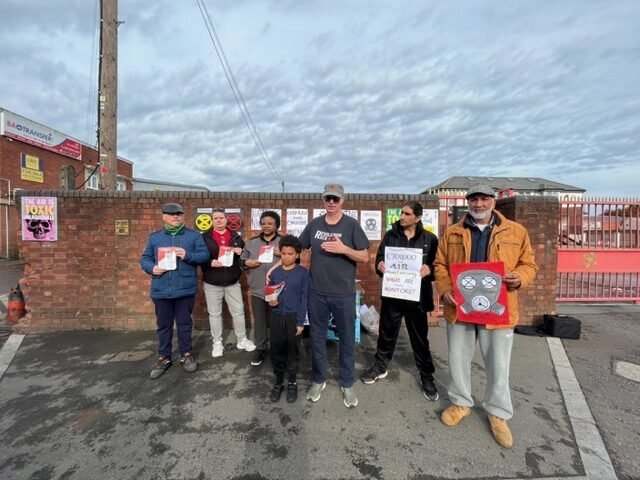Cities & Systems
We have focused on urban environments as they are big ecosystems, where there is increasing inequity that is leading to poor health. As planetary dysregulation continues and more people are banished to cities, we will need different frameworks, epistemologies, and imaginations to make cities not only livable but life sustaining.
-
Most modern cities (Paris, London, New York) were places to grow capital. This capital needed localised labour to grow. People in cities were an after thought or necessary collateral for capital generation. Meaning that people were never centered in city architecture, which is a reason they cannot sustain life and more significantly why they make life sick. Those in urban environments still live with the consequences of this framework, cities are increasingly polluted, crammed, poorly maintained (housing, sewage systems, road infrastructure are in crisis in most cities) as governing structures seek to continue to prioritise capital growth versus sustaining life. This in turn increases the risk to a wide range of illnesses and diseases. Centric Lab since its inception has focused on highlighting how urban planning, thinking, framing is the root cause of poor health outcomes.
-
We have three objectives
Identify processes and pathways to include Ecological Knowledges and Land-Kinned Knowledges in urban planning.
Propagate the idea that health in high/concentrated populations is possible, it is only a matter of adopting different strategies that are rooted in mutualistic symbiosis with Land and more-than-human Kin.
Support community-led initiatives for health justice.
-
Follow the Community Health Impact course and apply for a bursary to explore the course’s learnings with your local community.
“
Marginalised groups experience prolonged exposure to physical (e.g. air pollution) and psychosocial (e.g. discrimination) stressors resulting in chronic stress. Chronic stress increases the individual's ‘allostatic load’ level – which refers to the wear and tear of stress-related biological systems e.g., neuroendocrine, metabolic, immune systems. In turn, these stress-related biological differences increase the risk of disease and poorer health outcomes.
ACTIVE PROGRAMMES
COMMUNITY HEALTH IMPACT ASSESSMENTS
This work aims to throw away the rule book on the status quo and imagine what an HIA could look like if it embodied the WHO four interlinking pillars of democracy, equity, ethical use of evidence, and sustainable development from a community and lived experience framing.
Our Research
A selection of works from this area of work.
If you want to read more, go to the Research Library.
Partner With Us
We work ecosystemically. We recognise that the pathway to the abolition of systems that create health injustices cannot be done alone. We always welcome approaches for partnerships with like-minded organisations to help drive our collective missions forward.
Stay Informed
Sign up to our monthly newsletter to keep up-to-date with our events, projects and the chance to interact with our growing health justice community.

























